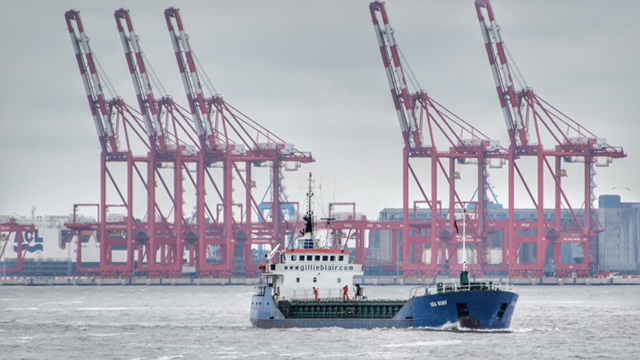Time to put our eggs in several baskets and start using all of our ports
Patrick Walters, chief operating officer of Peel Ports Group, operator of the Port of Liverpool, says the UK needs to end its reliance on the South East and start utilising ports across the UK

The recent attention given to the Port of Dover, and widespread concerns about post-Brexit congestion, highlight a very important point that extends beyond cross-channel ferry traffic.
In many industries, businesses default to the most obvious and/or convenient solution to resolve problems. This can have benefits in specialisation and scale. But it also runs the risk that industries put all their eggs in one basket. It also stifles innovation and creative thinking.
This is true of trade via Dover Straits and we have written elsewhere about how a willingness to use different ports and a different model can solve this problem caused by Brexit uncertainty.
It is also true of the UK’s trade in containers, although for different reasons.
The predominance of certain ports has led to a concentration of traffic, particularly in a small number of South East ports, regardless of where the cargo starts or ends its journey in the UK.
In recent years, this has been exacerbated by growing size of container ships, along with the larger infrastructure and more complex processes required to handle activities at increased scale.
However, as we have seen, all it takes is a problem with haulier availability, congestion on the rail network or an IT failure and chaos can ensue, from which it can be very hard for the supply chain to recover quickly.
The answer is to make best use of the UK’s wide range of ports spread across the country, especially where these are located close to the origin or destination of cargoes.
Such an approach reduces costs, congestion and carbon emissions, which is good news for cargo owners, the wider business community and indeed the public at large.
Inevitably though, the drive for change away from the status quo is only initiated by a major event. In the case of Dover, it is Brexit; in the case of containers, we are yet to see exactly how much pain and cost will be borne before end users say “enough is enough, we need an alternative”.
In the meantime, the container industry – in the UK and elsewhere – remains perilously dependent on a few locations. Read our Brexit white paper here.

